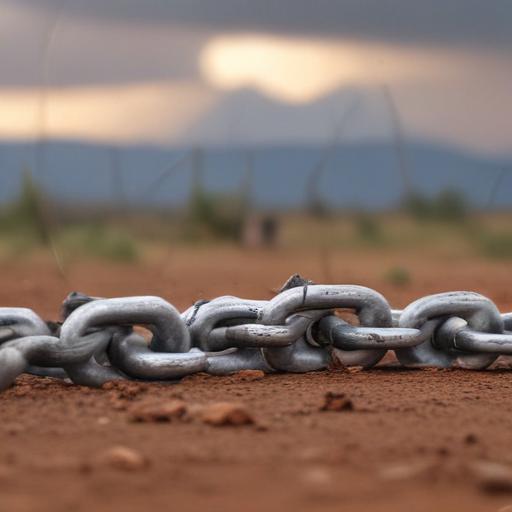In a tense development in East Africa, Kenyan opposition activists Boniface Mwangi and Agather Atuhaire have alleged that they were detained and brutally tortured during a visit to Tanzania. Their claims have ignited controversy amid the backdrop of strained relations regarding human rights and political activism between the two nations.
The situation took a notable turn when Kenyan President William Ruto, at a May prayer breakfast, issued a curious appeal for forgiveness to Tanzania, suggesting possible diplomatic tensions. This gesture was met with mixed reactions in Kenya, especially in light of Mwangi’s troubling account of his experiences in Tanzanian custody. He returned home visibly weakened after five days in detention, describing the treatment he and Atuhaire faced as “worse than dogs.”
Tanzanian officials, however, vehemently denied the activists’ allegations. Gerson Msigwa, a spokesperson for the Tanzanian government, confirmed their expulsion but dismissed claims of torture and mistreatment, challenging the activists to provide evidence for their accusations. The denial of wrongdoing reflects a broader strategy by the Tanzanian government to maintain control and suppress dissent in times of economic uncertainty.
The fear of protests stemming from rising discontent and economic hardships may have influenced the Tanzanian government’s heavy-handed approach. Kenyan economist James Shikwati pointed to a reactionary trend among Tanzanian leaders, recalling how protests in Kenya attracted significant public attention last year. Such movements could inspire similar unrest in Tanzania, which may explain its increasingly hostile stance toward cross-border activism.
This atmosphere raises questions about the future of the East African Community, which has historically allowed free movement and cooperation among member states. As concerns about human rights violations grow, activists warn that such incidents may deter citizens from traveling to Tanzania, thereby straining community ties.
Despite these challenges, prominent figures like former Kenyan justice minister Martha Karua continue to advocate for human rights across borders, emphasizing that “human rights have no borders.” This sentiment underscores a persistent hope for solidarity and progress amidst the turmoil.
As Tanzania navigates internal and external pressures, including economic vulnerabilities exacerbated by recent global shifts, the potential for dialogue and reform remains essential. The actions and rhetoric of leaders in both countries will significantly influence the dynamics of human rights advocacy and political cooperation in the region.
